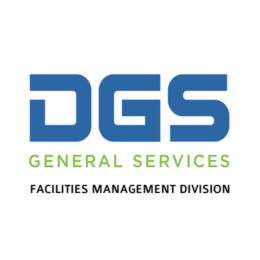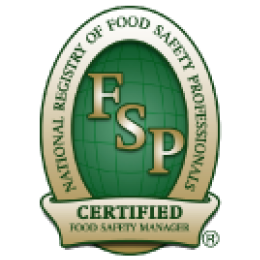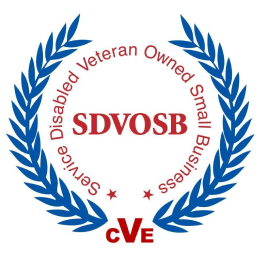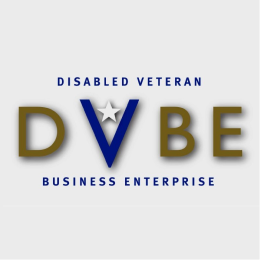In a dramatic turn of events, Egyptian authorities have shut down more than 100 branches of the beloved dessert chain B.Laban, sending shockwaves through both the food industry and consumers across the Middle East. The closures were ordered amid rising concerns about food safety violations and public health risks, drawing attention to the critical importance of food safety standards in rapidly growing food businesses.
🍮 What Is B.Laban?
For those unfamiliar, B.Laban is a dessert chain known for its traditional dairy-based delights like laban, rice pudding, and other creamy indulgences. Since its launch in 2021, the brand has rapidly expanded beyond Egypt into Saudi Arabia, the UAE, Jordan, Libya, and even the UK. Its fast-paced growth and wide appeal made it a favorite among fans of Middle Eastern sweets.
What Went Wrong?
The current crisis began when several food poisoning cases were reported in Saudi Arabia, allegedly linked to products served by B.Laban. In response, the Saudi Ministry of Municipalities and Housing ordered a precautionary closure of the brand’s factories and branches, pending detailed inspections. While the Saudi statement didn’t name the chain directly, numerous media sources and viral social media posts pointed fingers at B.Laban.
Soon after, Egyptian authorities followed suit, initiating a nationwide closure of B.Laban outlets due to similar concerns and potential violations of food safety and licensing laws. This aligns with a broader campaign by the Egyptian government to enforce hygiene standards, which has led to the shutdown of over 16,000 businesses in recent months.
A Wake-Up Call for the Food Industry
The B.Laban incident is more than just a business hiccup—it’s a major food safety wake-up call. With consumer trust hanging in the balance, this serves as a powerful reminder that, the rapid expansion should never come at the cost of safety and maintaining hygiene protocols is not optional—it’s essential.
Food businesses operating in the Middle East, especially those in dairy and dessert sectors, must ensure rigorous quality control, regular inspections, and adherence to both local and international food safety standards.
Food safety isn't just a regulatory checkbox—it's the foundation of consumer trust.
Whether you’re running a small bakery or a multinational food chain, the message is clear: Safety first, always





